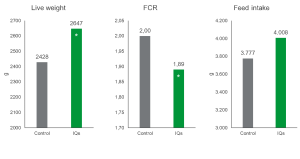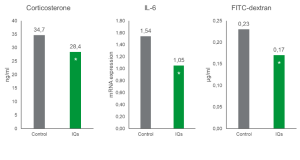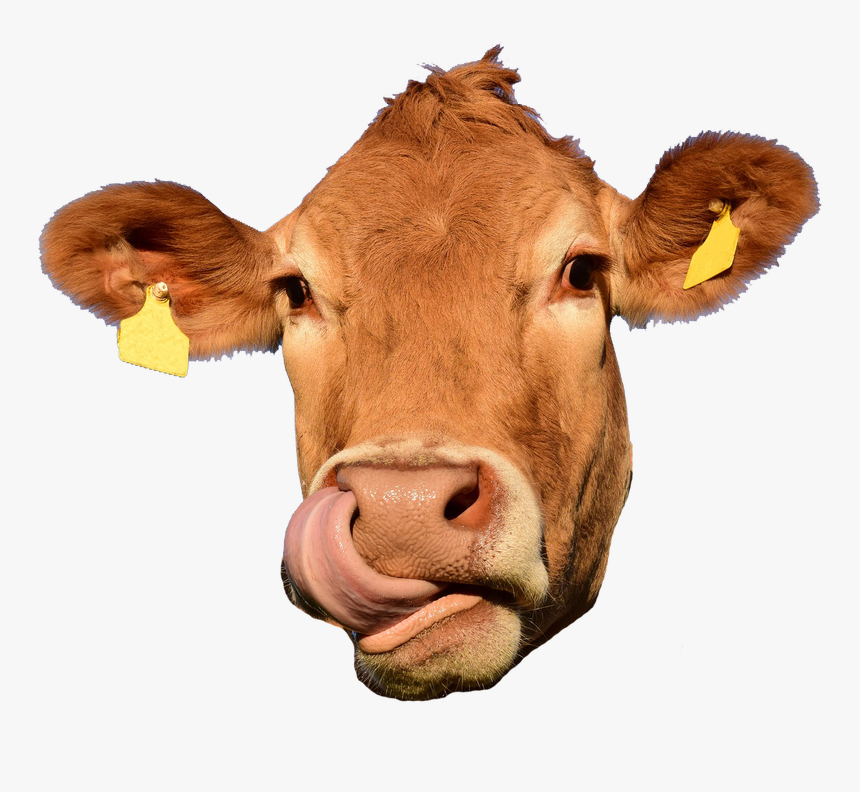Heat stress (HS) is a concern to the agricultural animal production, compromising productivity, reproductive performance, health and welfare, thus lowering profitability of livestock production. New nutritional solutions are presented here to help manage the negative impact of HS
In today’s production systems animals are exposed to various types of stressors that usually occur simultaneously and have a negative impact on animal health, welfare and performance. Heat stress (HS) compromises these parameters and therefore lowers the profitability of livestock production in many parts of the world.
Furthermore, there is evidence suggesting that HS increases the risk of contamination of animal products with food-borne pathogens, thus representing a food safety issue. Measuring the effects of HS in farm animals is not easy due to the complexity of physiological processes mediating the stress response. Rather than measuring a single parameter, it is mandatory to investigate several end points.
Gut integrity is affected by heat stress
HS can lead to functional disorders of the digestive tract, inflammation and an increased risk of infections. Research has shown that HS compromises gut integrity, triggering increased levels of stress hormones (cortisol, corticosterone), pro-inflammatory cytokines and reactive oxidative species (ROS), hence resulting in inadequate levels of nutrient uptake, poor performance, suboptimal overall health, and mortality. Therefore, minimising the negative impact of HS is an important approach to maintain productivity and health of farm animals. There are several nutritional interventions available, e.g. the use of feed ingredients with high digestibility, optimal amino acid balance and low heat increment. Furthermore, specific bioactive compounds have shown positive effects supporting the animal under HS conditions, including electrolytes, vitamins, antioxidants and selected plant-derived compounds (e.g. betaine, plant extracts). Botanical bioactive compounds have the potential to alleviate HS-induced losses in performance and livability. Since the quantification of the impact of HS is challenging, controlled experiments are necessary to evaluate the potential of nutritional solutions in HS challenge trials.
A recent study investigated the impact of specific botanical compounds (isoquinoline alkaloids, IQs) in broilers undergoing controlled HS. The study confirmed that HS significantly reduced feed intake (-20%), growth rate (BW -20%) and feed efficiency (FCR +6%) (data not shown). However, supplementation with botanical IQs increased performance of the heat stressed birds (Figure 1a,b). Broilers were better able to cope with the impact of HS. Levels of corticosterone, the major glucocorticoid involved in the stress response of birds, and the pro-inflammatory cytokine interleukin-6 were down-regulated compared to the HS-Control. Furthermore, reduced levels of FITC-dextran in the blood indicated enhanced gut integrity. FITC-dextran is an appropriate marker for gut integrity as the transfer of this compound from the intestine into the blood is usually limited and increases in case of enhanced paracellular gut permeability.
(a)

(b)

Figure 1 Effects of botanical feed compounds on (a) performance parameters and (b) serum stress (corticosterone), inflammation (IL-6) and gut integrity (FITC-dextran) markers of broilers under heat stress conditions (33°C from 14 d onwards) at 42 days of age (adapted from Kikusato et al., 2021).
*significant difference vs. Control group (p < 0.05)
Take home message
Poor growth performance and health associated with HS are mediated by a decline in gut integrity. New nutritional solutions including specific botanical compounds help to alleviate the negative impact of HS on the intestinal barrier. Such strategies are implemented to reduce production losses and to support productivity during hot seasons.



